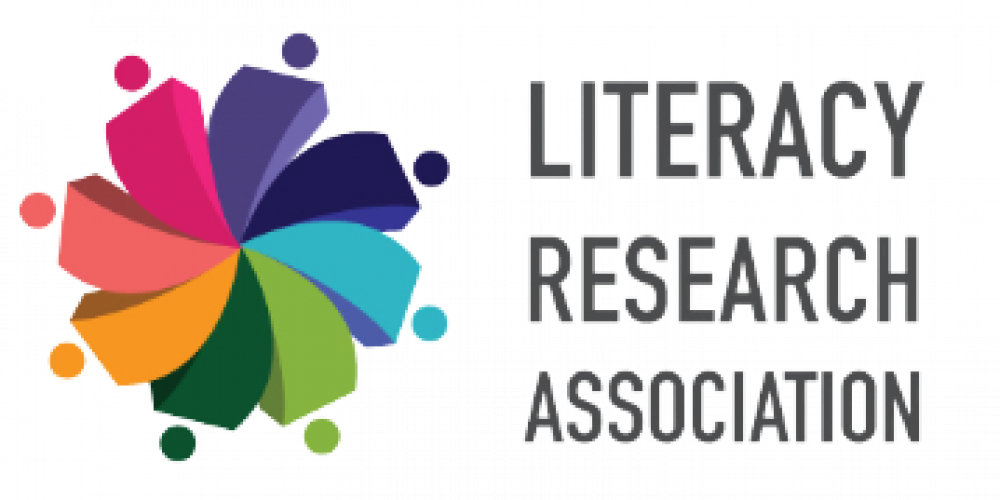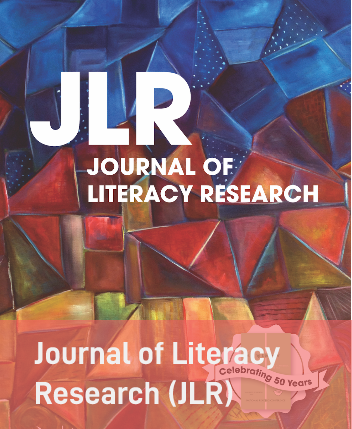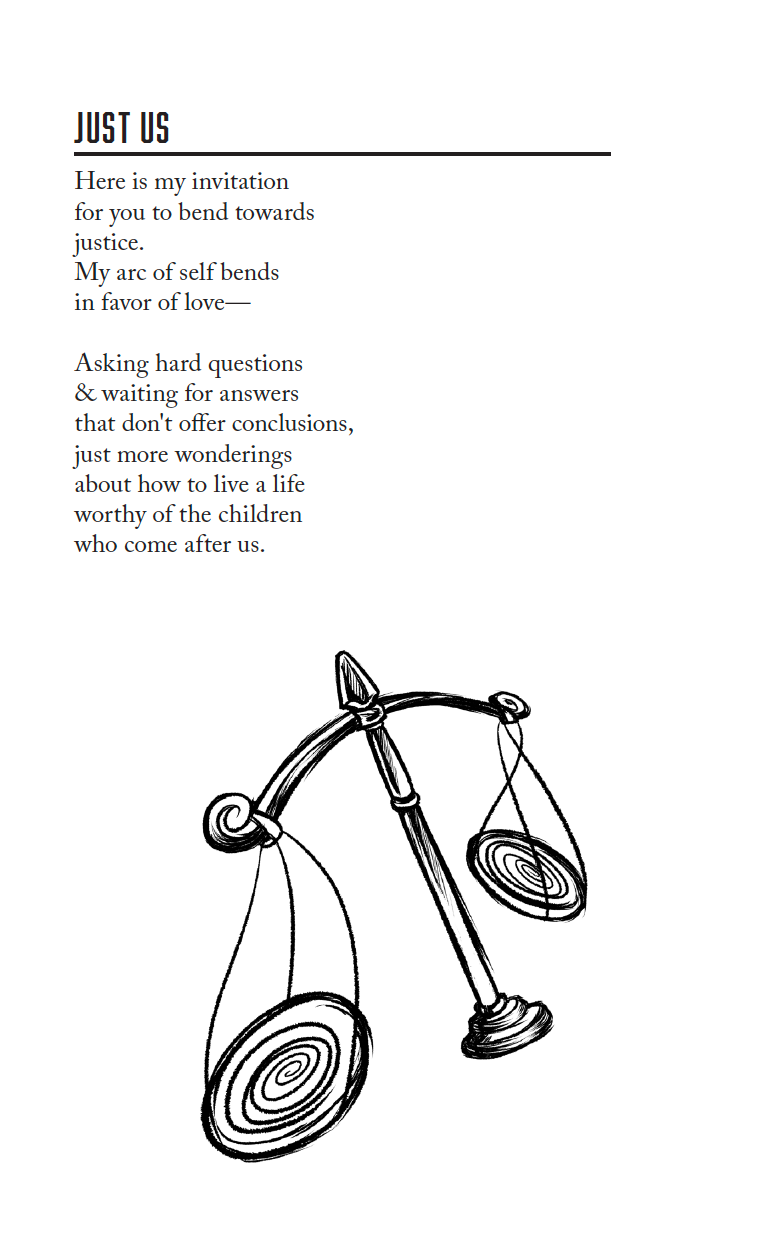Welcome to Critical Conversations.
Critical Conversations in Literacy Research & Education is an information source designed to provide researchers, educators, and related stakeholders with tools, resources, and community so that they can connect literacy research with learning experiences.
Our mission is to create a space for researchers, educators, and students to share their narratives to create an inclusive and equitable teaching, learning, and working environment for all.
Critical Conversations is focused on four pillars:
Education: We believe in literacy learning and teaching across multiple modalities with versatile pedagogical skill sets.
Research: We believe in the ethical, socially responsible, systematic investigation into and study of materials and sources, as well as groups of people, to establish facts and reach new conclusions based on diverse methodological approaches and theoretical perspectives.
Equity: We believe in fairness across identity, recognize the historical and contemporary marginalization and erasure of some instead of others, and aim to intentionally include diverse voices.
Solidarity: We believe in unity and community support when working toward common interests.
Content in this feed should focus on making a specific area of expertise more accessible and understandable to a wider audience. We will highlight and amplify work that frames the rigor, social responsibility, and rectitude of academia while identifying opportunities for literacy scholars to speak in a manner that is approachable and accessible.
We believe intellectual, academic work should be accessible and approachable. This means the content is easy to understand and engage with, as well as simple to acquire across platforms. We want our audience to readily receive the work and use it professionally and recreationally.
Together we can seek to rethink dissemination and outreach that impacts research and practice.









